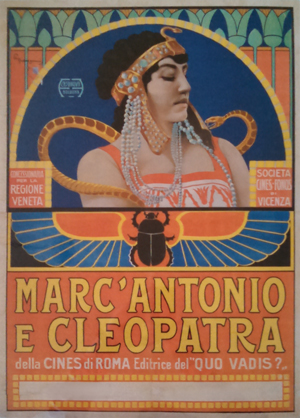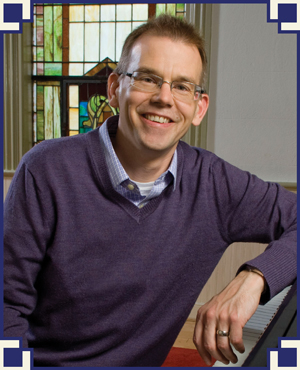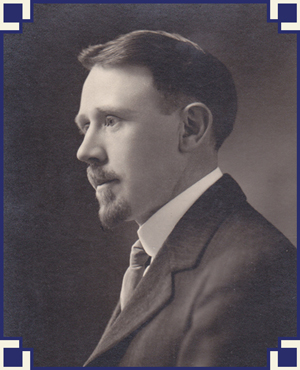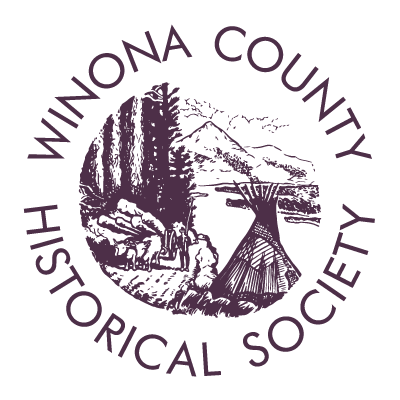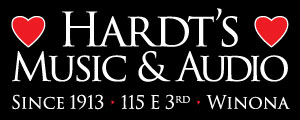Antony and Cleopatra
Antony and CleopatraA Silent Movie with a Winona ConnectionMusical score by George ColburnFounding Director of the Winona Municipal Band Performance by Dr. James DoeringProfessor of Music, Randolph-Macon College and Colburn Scholar May 16, 2015 • 7:00 pmArrive early for ragtime music by Flutistry and a community sing-along! (6:30-7:00pm)Wanek Hall • Winona County History Center160 Johnson Street • Winona, MinnesotaFREE with a suggested donation of $10 for adults.All proceeds will support Centennial Celebration Events and the Winona Municipal Band. |
|
|
Original movie poster for the Italian film. |
About the FilmGeorge Colburn’s music for the Chicago premiere of Enrico Guazzoni’s Antony and Cleopatra (1913) is one of America’s first feature-length original film scores. Commissioned by promoter, George Kleine, Colburn’s score was part of Kleine’s promotional plan to raise the cultural value of American film through the importation of cutting edge Italian multi-reel films. Antony and Cleopatra was intended to capitalize on the success of Kleine’s previous imports, Quo Vadis? and Last Days of Pompeii, both of which were also massive, grandly conceived, historical epics. Kleine commissioned special music for each of these films, but only Colburn’s score for Antony and Cleopatra survives. The significance of Colburn’s score is threefold. First, it appeared at a pivotal time when the film industry was trying to standardize accompaniment practices through special scores, cue sheets, and mood music compilations. Second, Colburn’s music, which was based on eighteen cleverly conceived recurring themes, shows a scale and sophistication not commonly seen in extant film scores from this period. Finally, the score’s reception and ultimate disappearance into obscurity offer insight into the challenges of composing and publishing film music in the 1910s in America. |

